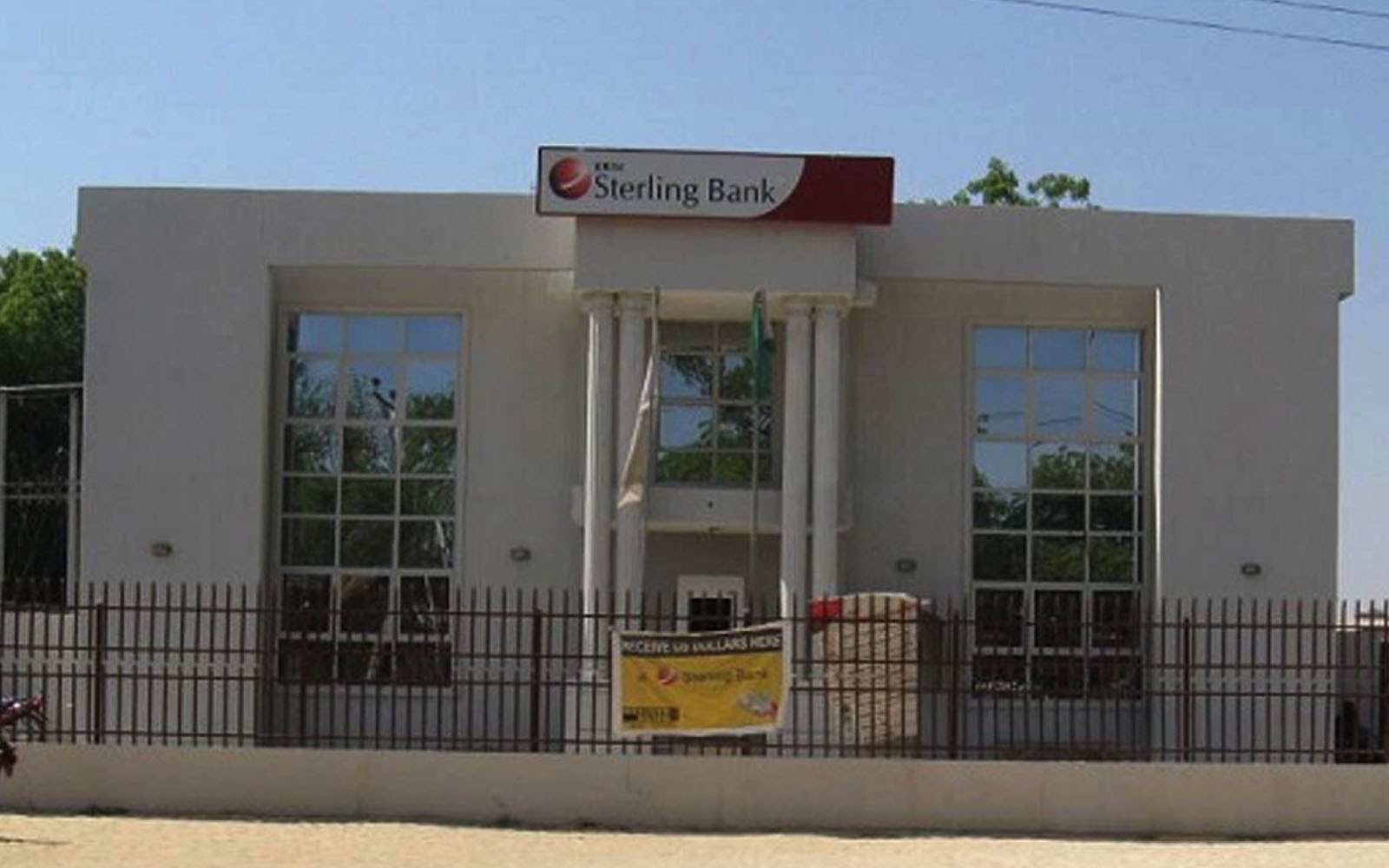Sterling Bank Sterling Bank which used to lag behind its peers in the banking industry, seems to have stepped up its game up this year. The bank has decided to focus its lending on 5 key sectors: “HEART” (Health, Education, Agriculture, Renewable Energy and Transport).
In addition, it has launched I-invest, an app that enables consumers to buy treasury bills themselves, and increased its social media presence.
Sterling Bank is our stock pick for this week. About the b ank
Sterling Bank Plc (formerly known as NAL Bank Plc) was the pioneer merchant bank in Nigeria. It was established on November 25, 1960, as a private limited liability company, and was converted to a public limited liability company in April 1992. The bank was listed on the Nigerian Stock Exchange (NSE) on August 17, 1993.
The current entity is a product of the 2006 merger among Indo Nigeria Merchant Bank (INMB), Magnum Trust Bank, NBM, and Trust Bank of Africa. Recent results
Results for the half year ended June 2018 show that interest income increased from N50 billion in 2017 to N62 billion in 2018. Profit before tax jumped from N4.3 billion in 2017 to N6.3 billion in 2018. Profit after tax jumped from N3.8 billion in 2017 to N6.2 billion in 2018. Pricing
Current Share Price: N1.30
Year High: N2.42
Year Low: N1.13
Year to Date: 20.37%
One Year return: 26.55%
Possibilities of a rally in the stock’s share price are quite low, as the Nigerian Stock Exchange has been in a bearish slump since the last few weeks. A year to date return of 20.37% means that the stock has outperformed the NSE, which is down year to date. Valuation
Sterling Bank is currently trading at a price to earnings ratio of 3.39 times earnings, within the same range as its peers. FCMB is currently trading at a PE ratio of 2.9 times earnings. The stock is also trading far below the average price to earnings ratio on the NSE.For the banking sector, results have largely been flat year on year. Yields on treasury bills, which spiked last year, have fallen in tandem with the drop in inflation. Revaluation gains have all but disappeared due to a stable exchange rate, backed by robust foreign exchange reserves and a positive outlook for current oil prices.Banks have also been reluctant to ramp up borrowing, due to the weak macroeconomic […]
